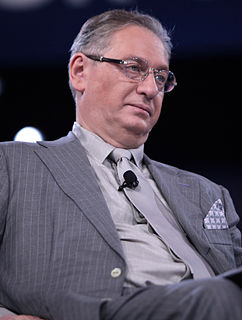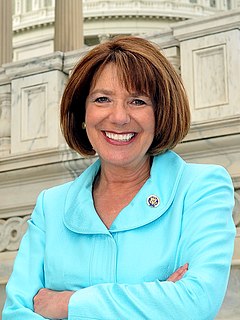A Quote by David Ignatius
'Cyber-security' is one of those hot topics that has launched a thousand seminars and strategy papers without producing much in the way of policy.
Related Quotes
Of course I don't know what's going on in that meeting on in the mind of Donald Trump. But I do know one of the things President Barack Obama was struck by was how much time he spent on cyber-security as president. And one of the things he said was that, in the years ahead, the next president will be spending even more time. And cyber-security isn't a thing that goes away after this election. It's a constant flow.
Today is just to the beginning of a long and overdue national discussion on how to protect ourselves from modern cyber crime and evolving national security threats and how to develop the cyber offense strategies necessary to gain a critical security edge in the 21st century. We need the edge, and ideally, a big one.
The fact that some former national security officials challenge the policy wisdom of the order, while other national security officials - most notably those of this [Donald Trump's] administration - support it, merely demonstrates that these are policy disputes that the judiciary is both ill-equipped and constitutionally barred from arbitrating.
It ends a 40-year ban on exporting U.S. oil. It's changed - it's included in its cyber-security legislation - that says to private companies, hey, if you share with us your data on your cyber-attacks, your potential cyber-attacks, we'll give you liability protection. And they authorized a health care program for 9/11 responders for 75 years to cover the length of their lifespans.





































